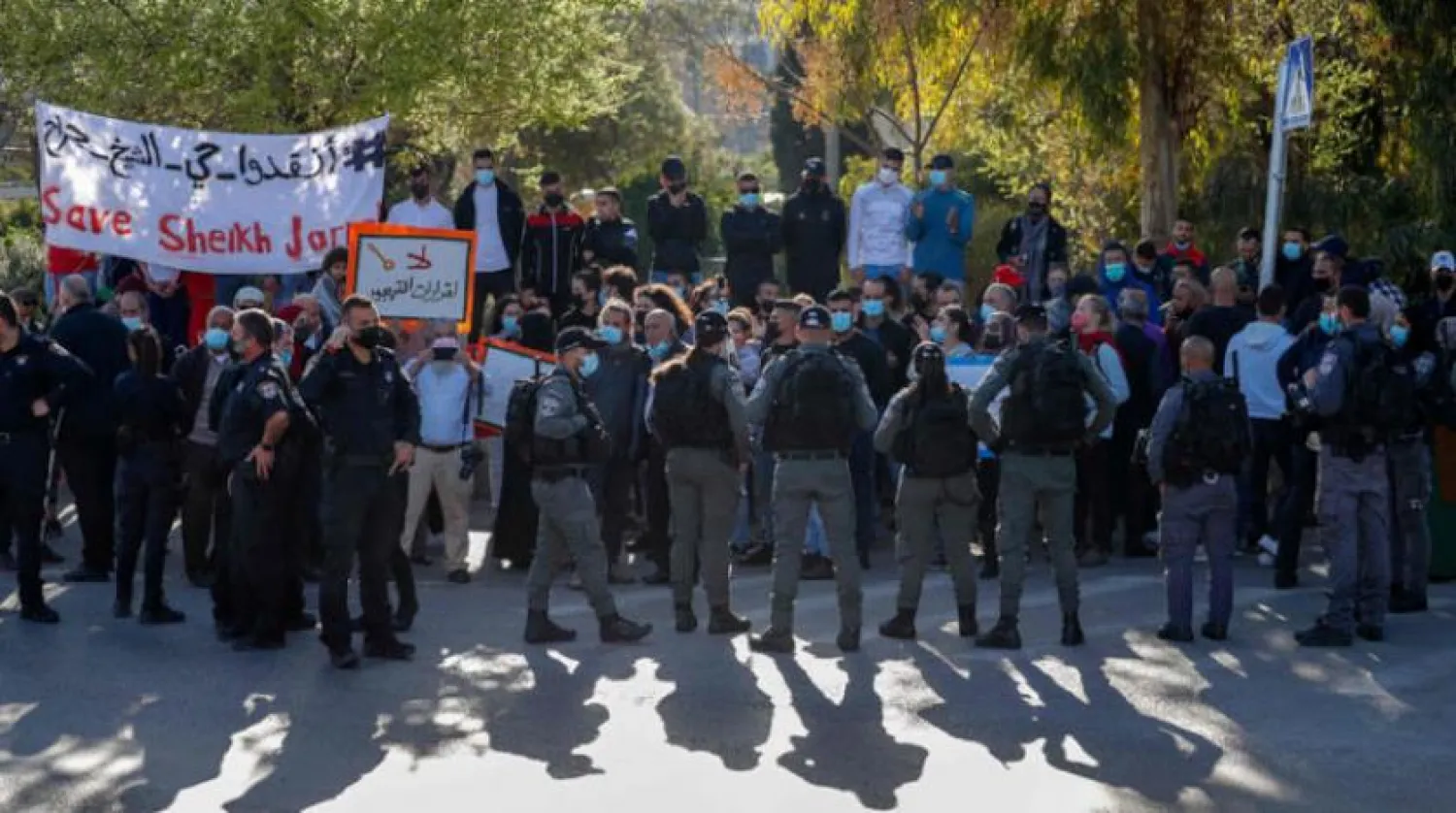Palestinian Prime Minister Shtayyeh called on the US administration to act quickly and forcefully to curb the Israeli settlement expansion in the West Bank, including Jerusalem.
Speaking at a weekly cabinet meeting, Shtayyeh warned that the “colonial settlement expansion in the occupied territories” is very dangerous and will undermine international efforts to establish the Palestinian state according to the June 1967 borders with Jerusalem as its capital.
He also condemned the ongoing Israeli violations of the sanctity of al-Aqsa Mosque, and the daily attacks by police on worshipers in Jerusalem, noting that the raids are part of a larger plan that aims to divide the Muslim holy place.
Last year, Israel pushed plans to build 12,159 settlement units, a record number according to the Israeli B'Tselem organization.
Israeli MP of the Zionist party, Orit Struck, presented on Sunday a draft law to legitimize settlement outposts in the West Bank. The law was approved in the first reading before the dissolution of the 23rd Knesset (parliament).
There are about 130 settlement outposts in the West Bank, inhabited by about 25,000 settlers, most of whom are extremists.
The Palestinian Ministry of Foreign Affairs and Expatriates condemned the bill, saying it is a serious test for the administration of US President Joe Biden.
It explained that legitimizing outposts aims to convert them into settlements at the expense of Palestinian land, which means stealing more territories, whether to build new settlement units or pave roads connecting them with nearby settlements.
The Ministry warned that these outposts are used to launch the activities of the so-called “hilltop youth”, which continues to terrorize Palestinians and attack their lands and properties.
Introducing this bill again at this particular time stems from the Israeli right-wing’s belief that they have the opportunity to pass it and implement it in light of the majority they won in the recent elections, according to the Ministry.
It warned that passing this law would be a dangerous escalation in settlement activities and operations.









